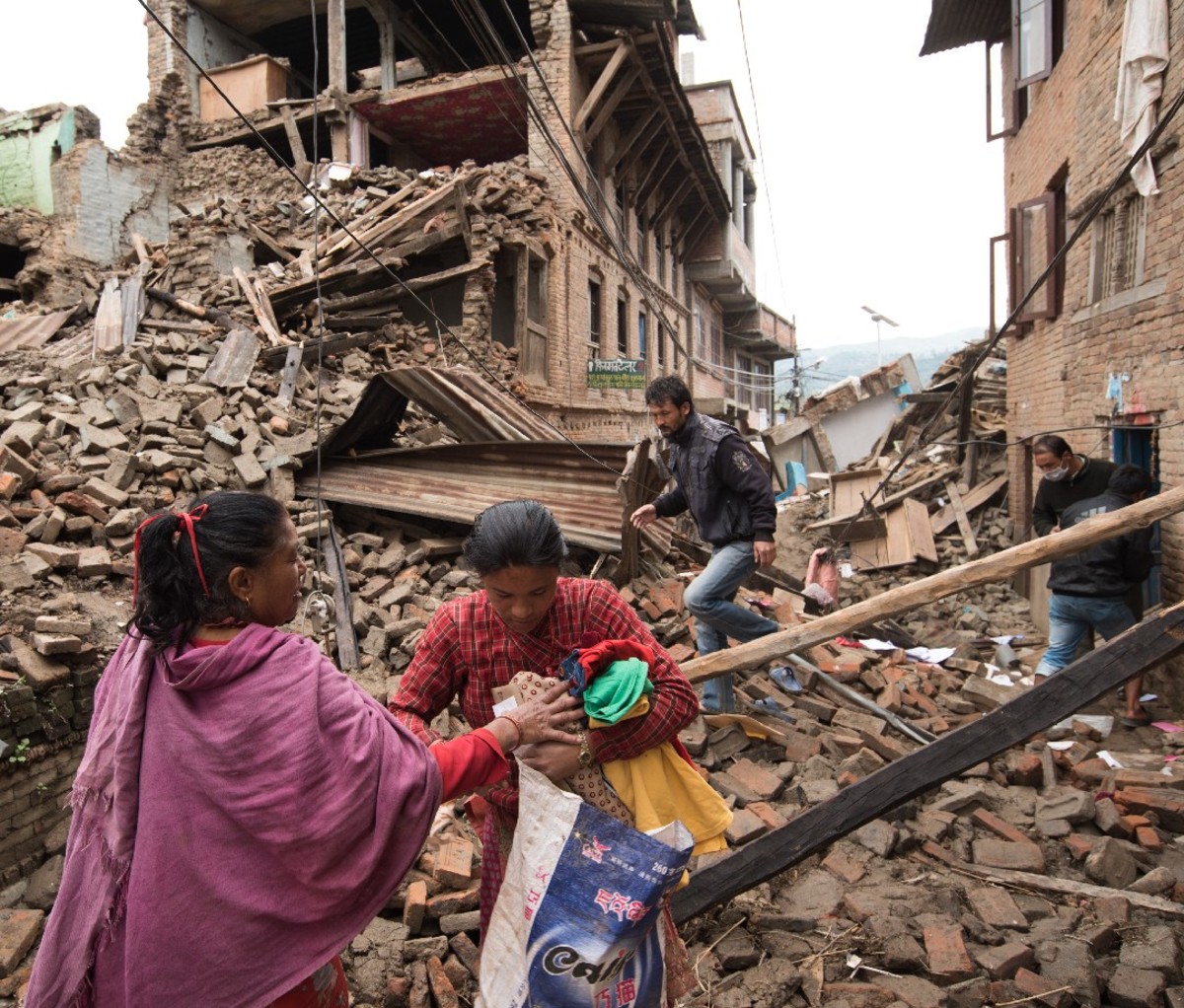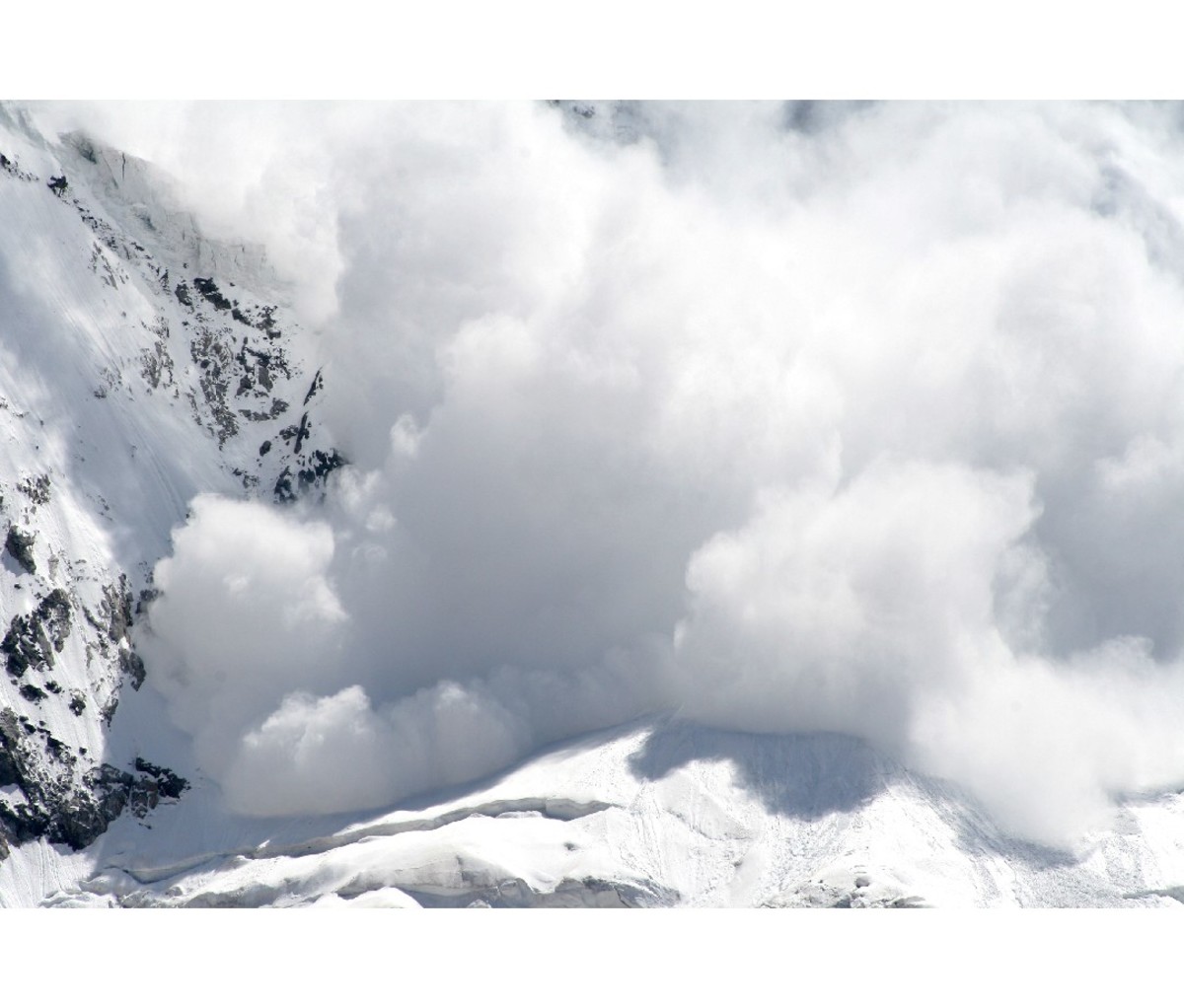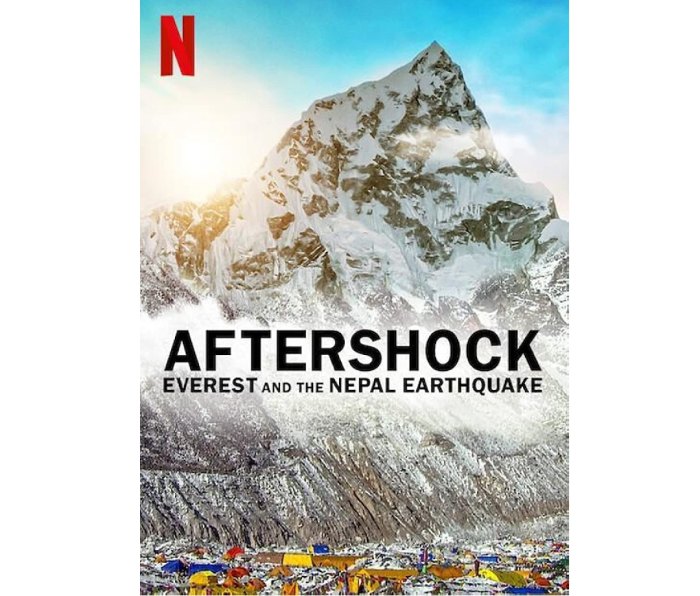In 2015, I survived a magnitude 7.8 earthquake in Nepal that triggered an avalanche on Mt. Everest and claimed 9,000 lives. These events are chronicled in the four-part Netflix series Aftershock: Everest and the Nepal Earthquake. Eight minutes of my footage appears on the show.
When the tidal wave of snow and debris hit our Everest base camp, our only refuge was a yellow nylon tent. Lacking options, we dived in and hoped for the best. Luckily a pile of rocks repelled the attack and we survived. Tragically, others were less fortunate.
After the impact, we didn't realize how serious the situation was. It wasn't until after I started filming that we realized the extent of the destruction. Men with makeshift stretchers carried injured climbers to safety. Intact base camps, like ours, have been turned into places where the walking wounded await tending. Since the base camp entrance was not affected, rescuers converted it into a field hospital. What was once a stunning location quickly became a nightmare.
Image courtesy
dealing with tragedy
While the Netflix series tells the story well, it doesn't touch on the personal aftershock. I believe this is something that each of us should consider in our daily lives. I learned a lot from this tragedy and I hope my experience can help you navigate difficult situations in your own life.
The tragedy unfolded and I documented it with my camera. After all, that was my job. When filming, I promised myself I would put the camera down and step in if it was necessary. That's exactly what I did when I found out we'd lost one of us; My friend Dan Fredinburg tragically passed away that afternoon.
Suddenly everything became very real and I could no longer see through the emotional safety of the lens. Although I didn't realize it, my nervous system went into fight or flight mode and I went numb. I know now that it was my brain's way of protecting itself. The problem is, no matter how strong we feel, there is a limit to what our psyches and nervous systems can handle. Finding my friend Dan that day was way beyond my limits.

Village of Sankhu near Kathmandu on April 25, 2015. The Gorkha earthquake would be followed by 300 aftershocks and claimed 9,000 lives. think4photop / Shutterstock
ripple effects
These extreme circumstances happen, and it's not uncommon to be unprepared. What surprises many people is the ripple effect. Traumatic events don't just happen to us. They happen to those around us. At the time I had a fiancee and a 12 year old boy at home. How did you experience this event? What price did they pay for choosing to love someone with a dangerous job?
While everyday moments may not be as dramatic, the consequences of our actions certainly are. So ask yourself:
- Are you dealing with a difficult situation? If yes, how has it affected your physical/mental health?
- In tragedy, is a moment of bravery worth the far-reaching consequences?
- Think about how your decisions affect your loved ones?
 My Good Pictures / Shutterstock
My Good Pictures / Shutterstock
Recognizing and arranging signs
Big or small, unprocessed trauma will always creep into our lives. It can show up in many ways, including unhealthy coping mechanisms and conflict. Sometimes it's obvious and sometimes it's subtle. These unhealed signs can show up in our relationships with others, but often turn into inner struggles.
I have long borne the guilt of the survivors. I also experienced a broken psyche as I came to terms with the fact that I was scared and unprepared for what I had experienced. Today I am much more careful about the situations I expose myself to and the risks I take. I also pay attention to how my actions affect those closest to me. Complex situations are associated with high costs.
Everything can change in the blink of an eye, and it doesn't have to be during a dangerous expedition. Unexpected things can happen in everyday life. My advice: use your choices wisely, as the well-being and health of you and your family may depend on them.
Subscribe to YouTube for access to exclusive gear videos, celebrity interviews and more!

